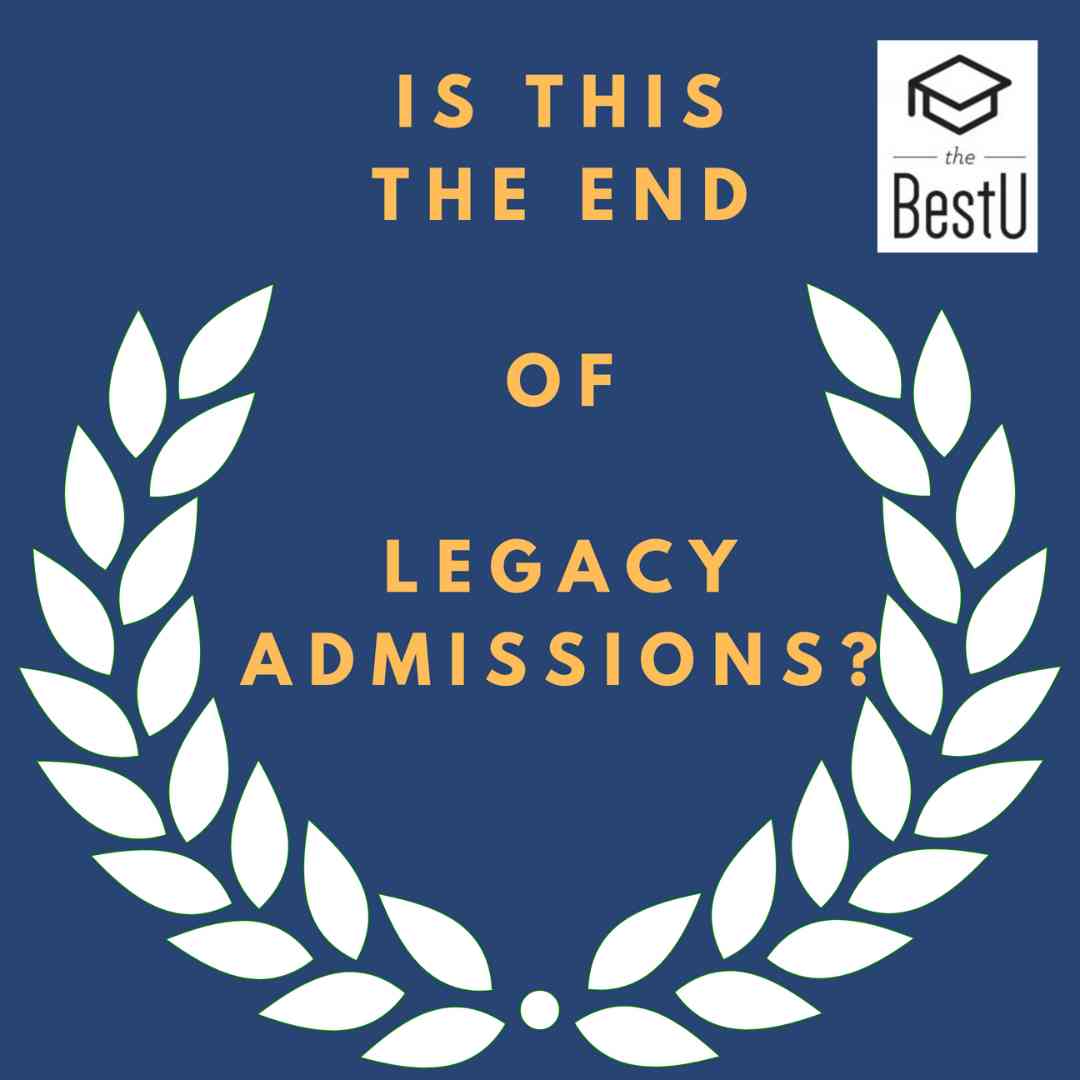
Legacy admissions policies are making headlines right now. As another complicated, convoluted and highly competitive year in admissions winds down, attention is turning increasingly to the practice of legacy admissions.
Read on for what the latest news means for you –
Why legacy admissions policies are in the news:
Following the August 2023 Supreme Court decision banning race as a factor in admissions decisions, attention turned to another preferential admissions policy: legacy admissions, the practice of considering an applicant’s parents, grandparents, and other familial connections to the college.
In March of 2024, the state of Virginia joined the state of Colorado in banning legacy preference in the admissions practices of their public universities. This same month, a bill is in discussion in Connecticut that would ban the practice at not only public but also private colleges in the state. Maryland, Massachusetts, and the U.S. House of Representatives are all discussing similar legislation.
While these changes are significant, this is far from the end of legacy practices.
Why legacy admissions policies persist:
Simply put, colleges have a vested interest in continuing the practice of legacy admissions for a variety of reasons. The stated reasons colleges often cite include legacy students being more likely to enroll and bolster a sense of pride and cohesion on campus. More recently, colleges such as Yale and Brown have cited data that legacy students tend to be higher performing than the general applicant pool. This is a somewhat unsurprising data point, given the certainty that legacy students have college educated parents, who attended these elite universities and are likely to have the financial resources and know how to provide advantages to their children in their own educational, extracurricular, and college preparatory opportunities. Less cited, but no less influential, the presence of legacy admissions policies bolsters alumni giving and often finds support among the university trustees who hold sway in university policies. At elite colleges it is not uncommon for more than 10% of the class to be legacy students. A Harvard Crimson student newspaper survey of the Harvard College Class of 2027 found that as many as 32% of respondents indicated a legacy affiliation. These policies can have a significant impact on who gets in.
Legacy is an important part of the conversation around equity and access to higher education:
Given that the practice of legacy admissions favors students coming from college-educated, high-income families, many point to the end of legacy practices as the next frontier in ensuring more equitable access to the most selective universities. However, the conversation is complex and multifaceted. As the last generation has seen the highest numbers of Black, Latino and Asian graduates of these elite institutions, not all are in favor of ending the practices. For some people of color, legacy is seen as an important pathway to pass on opportunities to children and grandchildren that were not afforded to earlier generations.
So while there is no definitive end for legacy admissions in sight, expect more conversation in the months and years ahead and know that admissions decisions are increasingly complex and often opaque in this high stakes landscape.
TBU Advisors are experienced in supporting students to navigate their college choices and personal best fit. Our passion is helping you make a plan that takes the overwhelm out of the process, empowers you to become your own best you, and puts your best self forward in your admissions process & applications.
If you’d like to explore working with a TBU Advisor, get in touch here and we will look forward to connecting with you.
Looking for more insights like these? Join us on our Membership Platform for exclusive content, live webinars, and the resources and tools to unstick your college process.
